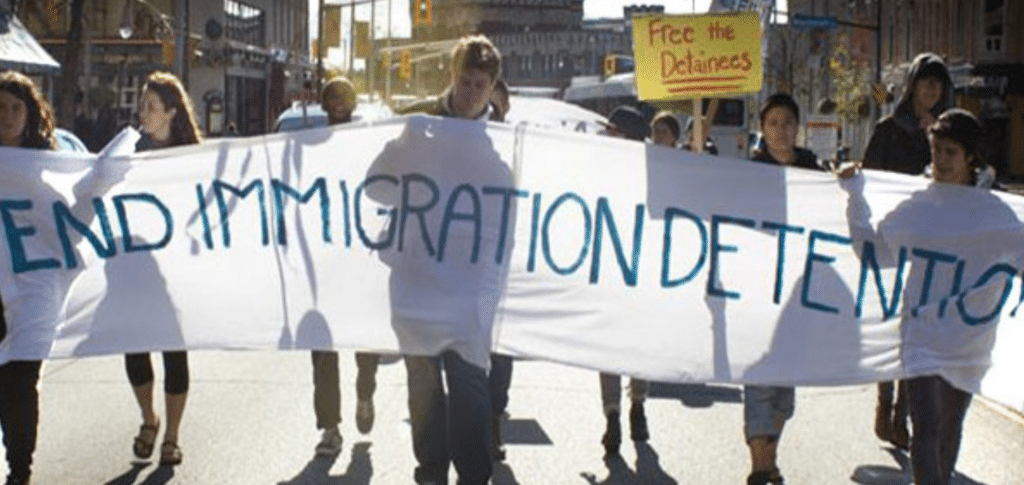The BCCLA leads reform work by issuing policy submissions to all levels of government and taking a firm stance on issues that lead to policy change within our communities. With many ongoing cases, the BCCLA centres on protecting our community members’ fundamental rights and freedoms with every submission.






